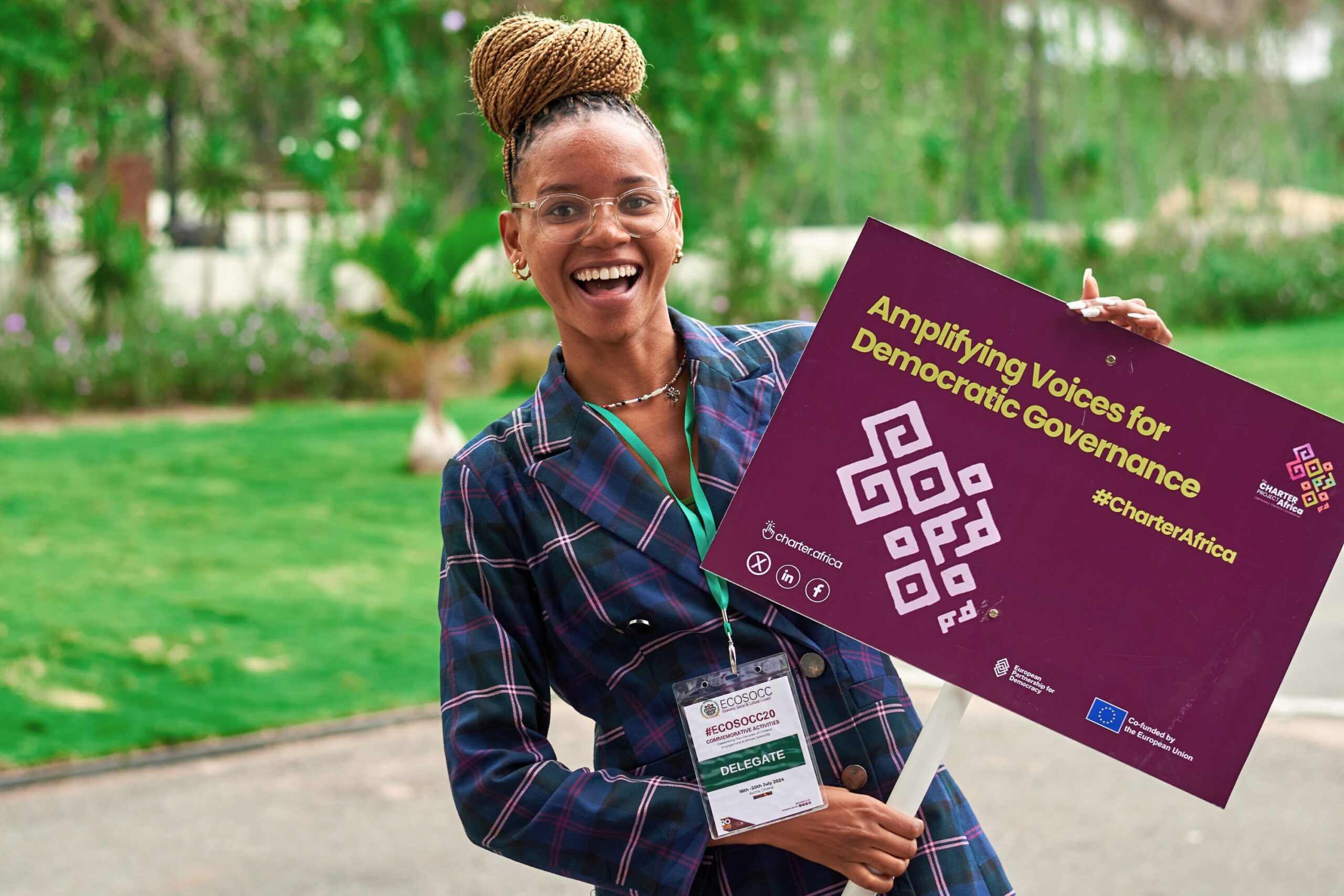The African Charter on Democracy, Elections, and Governance (ACDEG) serves as the blueprint for democratic governance in Africa. For this document to be more than just a manifesto of intent, it must be translated into action by those countries that have ratified it (39 out of 55). But, how can we know which of these countries are truly building democracy up? State reporting is the key to determining whether being part of the ACDEG is a genuine commitment or just a polished façade.
EPD’s Regional Advisor for African Union Engagement, Andrew Songa, reflects on how state reporting holds countries accountable, strengthens democratic practices, and highlights gaps in how the ACDEG is applied in this co-authored article. The article reviews the current system, challenges it and suggests actionable steps to improve it :
- Build capacity in the reporting process.
- Align state reporting obligations and simplify the process for countries.
- Improve coordination among African Union members and regional organisations to reduce reporting burdens and enhance accountability.
- Engage civil society and use technology to make the reporting process transparent.
- Protect civic space and allow civil society organisations to contribute to governance.
‘‘By improving coordination, transparency, and participation, the reporting process will become more effective, leading to greater compliance with the African Democracy Charter and supporting the AU’s goal of a stable and peaceful continent.’’

